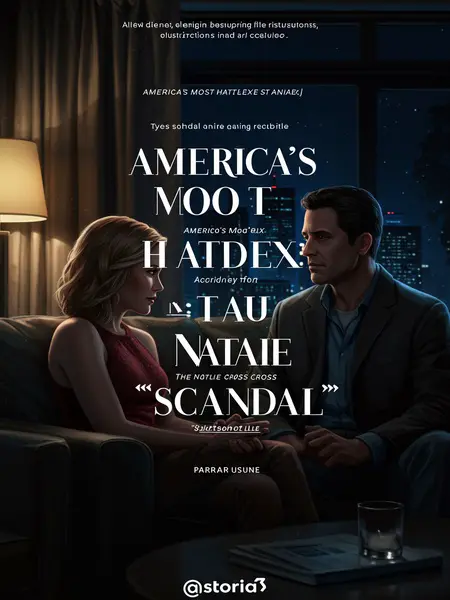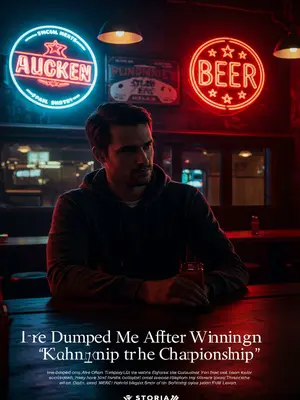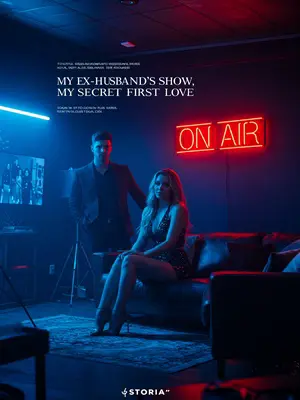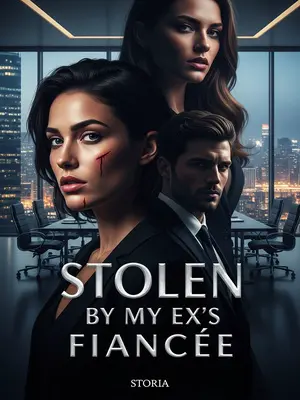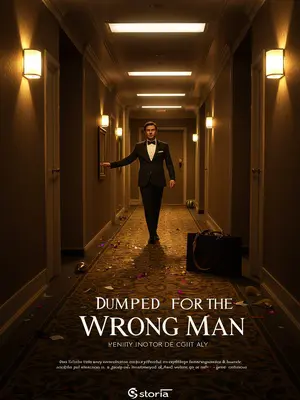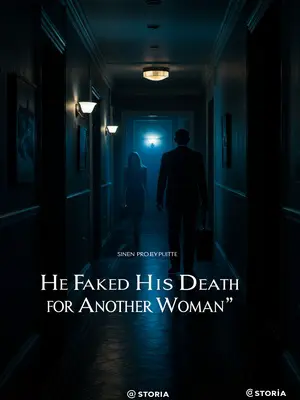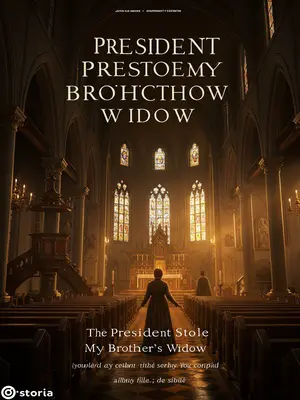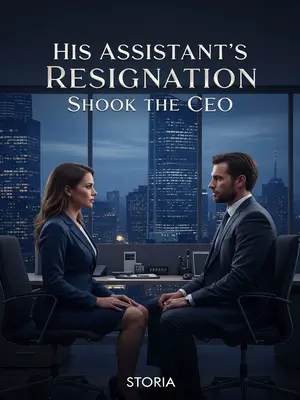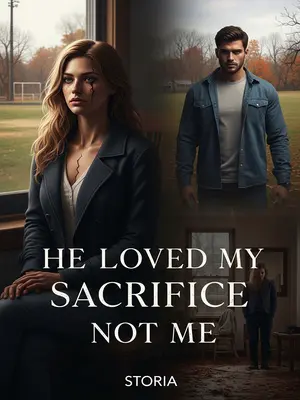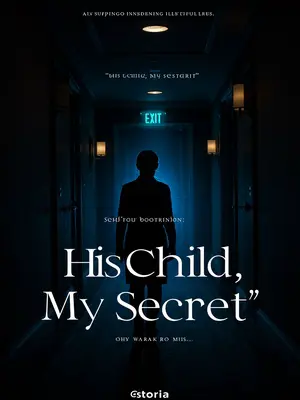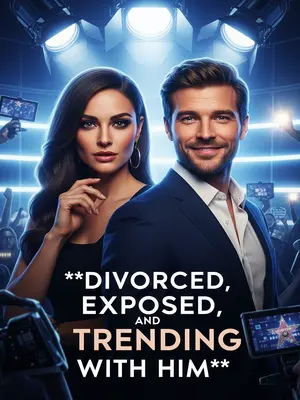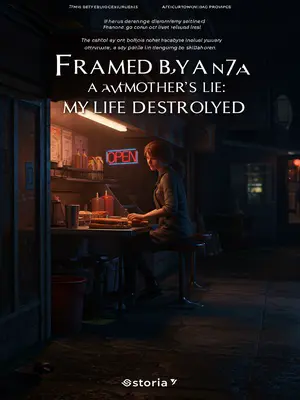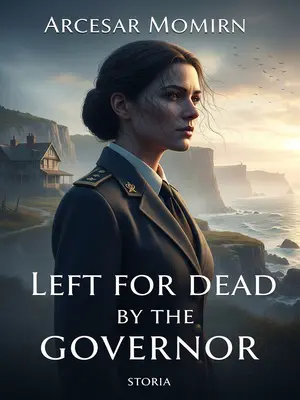Chapter 4: Three Jobs and a Dream
Back when Ryan was struggling in Silver Hollow, I worked three jobs a day.
My life was a patchwork of fast food receipts and coffee stains. I’d set my alarm for 3:30 a.m., slap my phone until it quit buzzing, and drag myself to the corner diner—"Maggie’s Sunrise," with sticky vinyl booths and a jukebox that only played Bruce Springsteen.
The smell of burnt coffee and fried bacon clung to my hair long after my shift. I’d get up at 3:30, help at a breakfast diner by 4:00, finish the first shift by 10:30 in the morning.
The regulars knew me by name, and Mrs. Dorsey, the manager, always set aside a blueberry muffin for me. “You need to eat, Nat,” she’d say, waving a spatula. I’d wolf it down during my break, watching the sun crawl over the cracked parking lot.
I’d go home for an hour’s nap, then at noon put on a mascot suit and hand out flyers.
The inside of the suit smelled like old gym socks and French fries. Handing out flyers in the summer was torture. The suit was stuffy and hot, and I had to watch out for mischievous kids who’d kick me for fun.
There was one group of neighborhood kids, maybe eight or nine years old, who thought it was hilarious to see if they could knock me over. I learned to sidestep them like a football player. Sometimes, someone’s dad would buy a snow cone just to cool me down.
After two hours, I’d be drenched in sweat, like I’d been dunked in water.
At 2:30 in the afternoon, I’d head to a coffee shop for my third job.
It was a bit far from our rented apartment, so I’d usually shower at a nearby gym first. Five bucks a visit, and after getting to know the owner, I could shower for a month for a hundred.
The gym was a run-down place above a laundromat, all fluorescent lights and the scent of bleach. Sometimes the owner would let me stash my duffel in the office so I wouldn’t have to lug it everywhere.
I got off work at 10:00 pm. After an hour’s break and meal, I’d stay behind to clean up for another half hour.
Around 11:00, I’d pick up Ryan after his acting gigs and bring him home.
Sometimes I’d spot Ryan under the flickering streetlamp, shuffling his feet and mouthing lines, his breath fogging in the city night. I’d honk, and he’d look up with that sheepish, half-awake grin.
A whole day of non-stop work wore me out completely.
The documentary guy tried following me twice but couldn’t keep up—he needed two days to recover, and only on the third try did he manage to film a full day.
He collapsed on the curb, gasping, “How does a girl like you keep going? Aren’t you tired?”
“Of course I’m tired.”
But I had no choice.
Even with three jobs a day, plus Ryan’s meager acting pay, we barely scraped by each month.
And most importantly—
In the video, I leaned against the wall, eyes closed, resting as the man rambled on.
The dark circles under my eyes nearly swallowed half my face, my whole body radiating exhaustion.
But the next second, as if I heard something, my eyes snapped open in surprise.
A sudden light banished all my fatigue. Like a flower blooming, I ran into Ryan’s arms.
—Because I loved Ryan. No matter how hard or tiring it was, it didn’t matter to me.
For him, I was willing to fight with my family, give up everything they’d arranged for me, and follow him to a strange city to struggle together.
There’s something quintessentially American about stubborn hope—about betting the farm, burning bridges, chasing love and ambition all at once. My mom always said, “Don’t throw good money after bad.” But I never listened, not when it came to Ryan. Love makes people blind like that.
